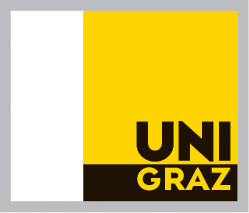Conception
The project, which is supported by the Austrian Science Fund (FWF - Österreichischer Wissenschaftsfonds) and the German Research Foundation (DFG - Deutsche Forschungsgemeinschaft) within the DACH Lead Agency Process, takes up the latest approaches developed for a cultural history of politics, thus connecting and interrelating two different research areas which have been fiercely debated on an international basis over recent years: the system of supplication on the one hand, and monarchic forms of government and their institutional frameworks on the other. Interrelating these two fields of research and applying them to supplications which were filed at the Aulic Council of Emperor Rudolf II (1576 – 1612) by subjects either as individuals or as groups formed for the occasion will reveal a high potential for innovation, as the conception of this research project places special emphasis on a so far widely neglected and (almost) negated element of the Empire’s political system: the emperor’s authoritative power displayed through his faculty to grant clemency which extended not only to the imperial estates but also to the indirectly governed population. The systematic collection of supplications and their subsequent presentation in a database will contribute substantially to the advancement of research in this field. However, the notions of political communication, which form the basis of this project, can only be made evident through transnational cooperation. The significance of semantic attributions will be examined exemplarily in monographic form from the perspective of subjects who filed supplications and their authorities (project section “Eichstätt”), as well as from the perspective of the imperial addressee (project section “Graz”).
Project proposal as pdf-download
